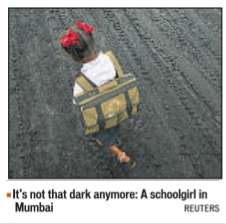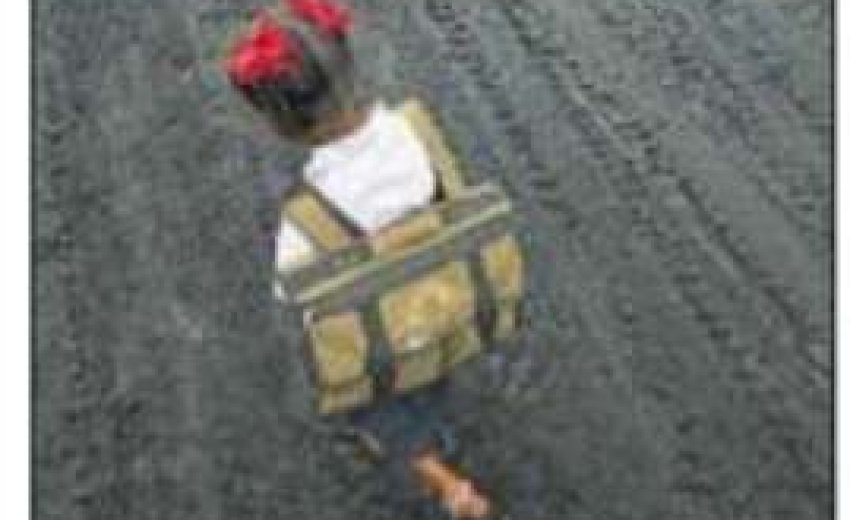In Satara (Maha., India), a move to make unwanted girls a bit more wanted

A couple of months ago, a colleague told me the story of how an educated and urbane family friend had refused to send their daughter abroad for studies because they felt it would not be a worthwhile investment. Instead, her brother was sent. On the other hand, last week, a fellow passenger on the Delhi Metro recounted how she was the first girl in her family allowed to move out of her village home in rural Rewari, Haryana, to pursue a course in chartered accountancy. “My parents are illiterate but I have big dreams,“ she said in a very matter-of-fact manner, even as she quizzed me on my profession and background. In India, discrimination against the girl child is often subtle and definitely not restricted to any particular social/ economic class. In such a depressing scenario, the Satara administration deserves a standing ovation for what it recently did for girl children.
To cut a long story short, when the administration found that parents with many girl children often name them Nakusa or Nakoshi, meaning `unwanted' or `unwelcome', they decided to rename them according to their choice and announce the change in gazette. “We can't do much about their past. But we hope the new identity will erase the embarrassment of being named Nakusa or Nakoshi and give them a positive outlook for the future,“ said Bhagwan Pawar, the district health officer, who came up with the idea. Last week, 222 Nakoshis got new names.
While we always moan about the lack of pro-active governance in India, this incident shows that probably all is not lost. Such steps, no matter how small/ region-specific, have a more far-reaching effect on people's mindset than say something as grand as reservation of seats for women in Parliament, which has only managed to generate political heat and has had little or no effect on the way girl children are treated.
Top-down approaches like reservation work but take time. Bottom-up approaches like the one done in Satara are eminently more doable and can have a greater chance of making a real impact on people. Who knows one day one of these `unwanted' girls from Satara may just become a power player, a shining star we can all be proud of.

